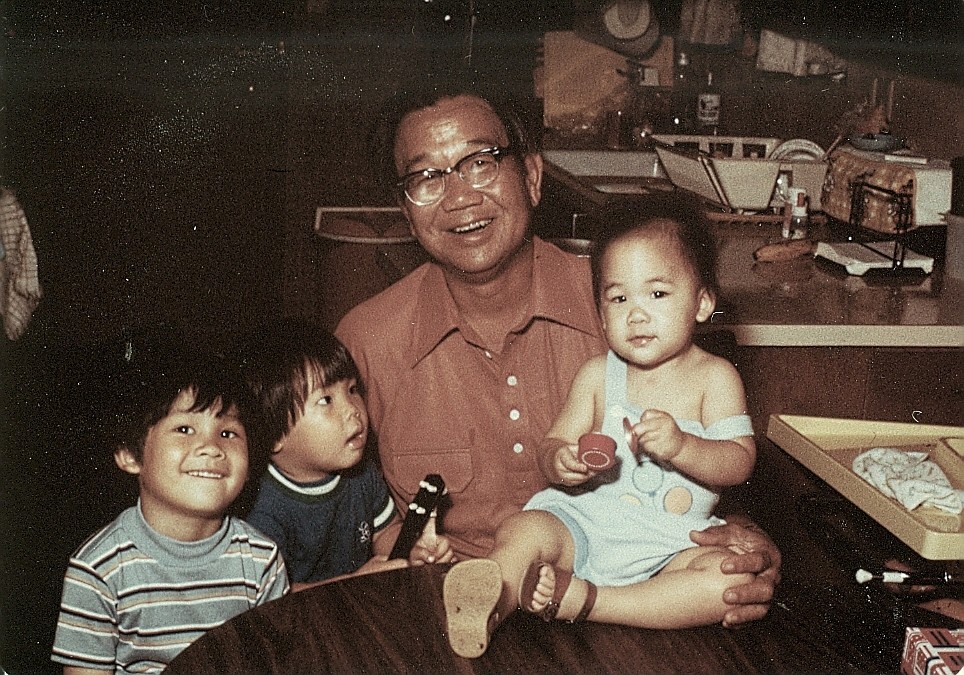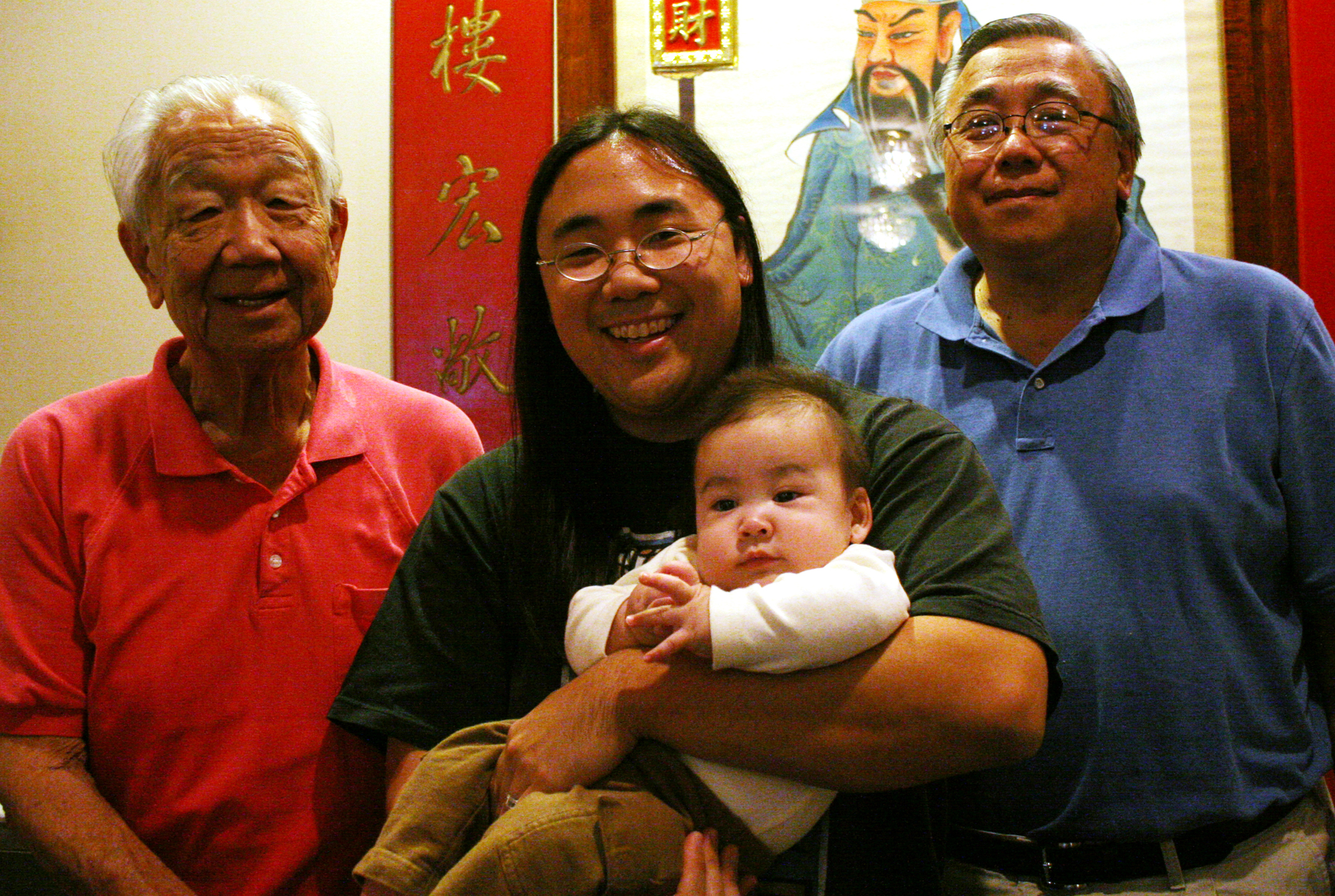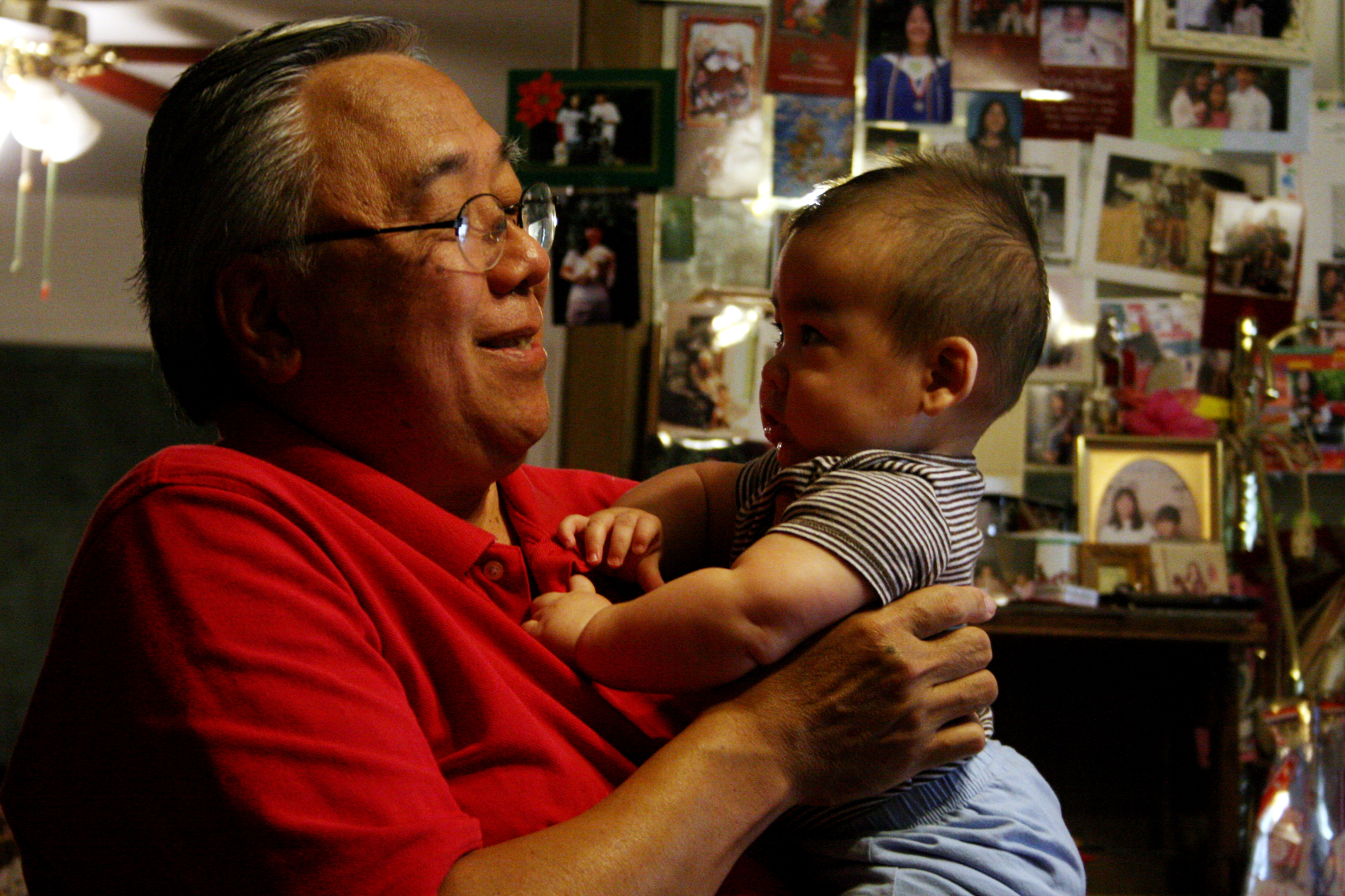- April 25, 2024
-
-
Loading

Loading

Never in our history has the public been as interested in hearing from Asian Americans as it is right now. Unfortunately, much of the conversation so far has been misguided.
Spurred by a series of recent incidents involving Asian Americans, virtually every mainstream media outlet has mobilized into action to publicize their latest flavor of the day. As with so many story lines, these outlets have butchered this discussion into rhetoric that plays well in 280 characters on Twitter, repulsively punctuated with the #StopAsianHate hashtag.
They want it short, sweet and easily distilled. And, mark my words, they will make this story line disappear just as quickly as they spun it up.
Asian hate didn’t start in 2020. My grandfathers dealt with it in this country. My father did as well. And I could fill this page with stories of my own experiences. But all of these stemmed from chance encounters with ignorant people.
Yes, they sting, but you move on.
I know these recent incidents have some Asian American communities on edge, and the mainstream media seem to have capitalized on them — much to the delight of whoever is tallying their Google Analytics.
But they have missed — or, more sinisterly, chosen to ignore — the actual racism Asian Americans face today.
Regardless, for the first time in my life, people are paying attention to the plight of Asian Americans. Make no mistake: I believe that’s a good thing. But the conversation needs to be redirected.
Do people really want to #StopAsianHate? Read on.
PURSUIT OF HAPPINESS
Like so many American stories, my family’s history is one of trials, tribulations and triumphs. It’s one that began with immigration from China — for better opportunities for future generations.
Its foundation rests on the strong, hard-working backs of my grandfathers — both self-made men who learned in-demand trades and opened their own businesses when no one else would hire them (yes, because they were Chinese).
Our story continued with my father’s generation — among the first in family to attend college, ultimately producing a chemist, pharmacist and veterinarian.
Our family’s Generation X — mine — includes an electronics engineer, another veterinarian, a police officer and me, a journalist (I didn’t exactly follow the plan).
For as long as I can remember, my grandparents always wanted to know about one thing when we visited: Grades. From kindergarten, they and my parents made clear that education was paramount. And perhaps more important, the grades we received were the product of our hard work. They were earned, and they were deserved — good and bad.

With hard work and grades sitting at the top of our priority list, everything else was secondary, including the random encounters with those who would tell me to “go back where I came from” or pull the corners of their eyes and chase me around the school playground. And when it came to those incidents, the modus operandi was clear: Turn the other cheek. Walk away. Not out of submission but rather because it wasn’t worth our time or attention.
My father, now in his 70s, couldn’t resist reinforcing that when I asked him for insight on what is going on.
“My introduction to racism happened when I walked over to Meyerland and went into F.W. Woolworth to shop,” he said. “It was a hot day, so I took a seat at their lunch counter to get a soda. I was about 14 years old, young and innocent, and I remember sitting in a booth at the counter a long time.
“The waitresses there would only stare at me and would not even ask me what I wanted. They basically ignored me. After a long time, I finally realized that I was not welcome, and I walked back home.”
But he ended his note to me with this: “(Because) racism is such a volatile subject, I would advise you to tread softly,” he said. “I think the song ‘One Tin Soldier’ sums it up best. You can hate your neighbor, cheat a friend, join the valley people, but what is most important is ‘Peace on Earth.’”
My family is perhaps the epitome of the Model Minority stereotype: Asian Americans are smart, particularly in math, science and technology. Asian Americans are hard-working and self-reliant. Asian Americans are obedient. Asian Americans don’t complain.
These traits have worked well for Asian Americans. According to 2020 data from the U.S. Census Bureau, Asian American households had the largest income growth — almost 8% — of any group between 2005 to 2019. Asian Americans also led the nation in percentage of population holding bachelor’s degrees (54%).
It’s not coincidence. Asian American households prioritize education, hard work and family. We believe in meritocracy and that these traits will make us attractive to prospective employers and invaluable once we land a job. This is all for the ultimate goal: better opportunities for our future generations.
In simplest terms, we’ve learned to play — and win — the game. And now, some are working overtime to change the rules.
THE REAL THREAT
This is the heart of the real racism Asian Americans face: How some are weaponizing Asian American success against us.
Don’t believe me? What if I told you it is happening, right now, multiple times, as you read this?
1) Lowell High School, San Francisco.
Earlier this month, the San Francisco Unified School District Board voted to alter the admissions procedure for Lowell High School, the district’s top-performing high school and among the best in the nation. Instead of its longstanding merit-based system based on a standardized test, beginning with the 2021 freshman class, admission will be done by lottery.
Lowell’s current student body is 60% Asian. Some people, including San Francisco Unified School District Board Vice President Alison Collins, believe that is because merit-based admissions favored Asian Americans.
“When we talk about merit, meritocracy and especially meritocracy based on standardized testing, I’m just going to say it. … Those are racist systems,” Collins said during a meeting Oct. 20, 2020. “Merit is the antithesis of fair and the antithesis of just.”
Not coincidentally, Collins last week was stripped of her title as a result of anti-Asian tweets she made in 2016. Collins criticized Asians Americans in her community for using “white-supremacist thinking to assimilate and ‘get ahead.’” She also wrote Asian Americans “believe they benefit from the ‘Model Minority’ BS.”
2) Thomas Jefferson High School of Science and Technology, Fairfax, Va.
Thomas Jefferson High School often ranks as the top public high school in the country. Like Lowell, admission required a rigorous exam. Like Lowell, its student body was overwhelmingly Asian (70%). And finally, like Lowell, the Fairfax County Public School Board is dropping the exam.
Reason: The school board wants the high school’s demographics to more closely resemble those of the county.
Parents have formed the Coalition for TJ and filed a discrimination lawsuit against the Fairfax County School Board and Superintendent Dr. Scott Brabrand.
The coalition states: “(The defendants) have repeatedly spoken of the need to racially balance TJ and have directed derogatory racial comments toward Asian-American families. FCPS’ recent overhaul of the TJ admissions process was intended to achieve defendants’ goals of racially balancing the student population by reducing the number of Asian American students at TJ.
“And it will have its desired effect. Unless enjoined by this court, the number of Asian American students in the incoming TJ Class of 2025 is likely to be cut in half — not because of a drop in the number of qualified Asian American applicants but due entirely to defendants’ stated desire to manipulate TJ’s demographics.”
Like their California counterparts, the Fairfax County School Board members believe a merit-based admissions test is inherently racist. Some even claimed Asians have an unfair advantage because — gasp — they study. Some even likened that advantage to an athlete using illegal performance-enhancement drugs.
I present to you Virginia Education Secretary Atif Qarni, in his own words: “It is illegal … when an athlete uses performance-enhancement drugs to get a leg up. So, when you have a standardized achievement test, and you have the luxuries of getting a lot of help with tutoring services, and you come from a more well-resourced family, you have a leg up. You have an unfair advantage.”
3) Harvard University.
In February, Students for Fair Admissions Inc. filed a certiorari petition with the U.S. Supreme Court. The group is asking the court to rule Harvard University’s now-revealed admissions policies discriminate against Asian Americans.
The group alleges Harvard’s practices violate Title VI of the Civil Rights Act of 1964: “No person in the United States shall, on the ground of race, color or national origin, be excluded from participation in, or be denied benefits of, or be subjected to discrimination under any program or activity receiving federal financial assistance.”
The petition includes data that supports this claim. According to SFFA, applicants with similar academic qualifications had different admission rates based on race.
“For example, an Asian American in the fourth-lowest decile has virtually no chance of being admitted to Harvard (0.9%); but an African American in that decile has a higher chance of admission (12.8%) than an Asian American in the top decile (12.7%),” the petition states.
Harvard’s own Office of Institutional Research conducted a study in 2012 after a David Brooks op-ed in the New York Times suggested the school had an Asian quota. That study concluded there existed “statistically significant evidence that being Asian American is ‘negatively correlated’ with admission.”
Asians were the only ethnic group penalized for their race.
“A follow-up report again found a ‘negative chance of getting into Harvard by virtue of being Asian,’” the petition states.
All of this is being done under the guise and assumed righteousness of diversity. We all want diversity. It can’t be bad if it’s diverse. In fact, it’s racist if it isn’t diverse.
However, put another way: These educational institutions have reduced admissions qualifications to skin color — and skin color alone. Test scores no longer matter. Merit no longer matters. Achievement no longer matters. All that matters is if the incoming class has the exact percentage of each skin color these governing bodies deem ideal.

My grandparents weren’t wealthy. My mother’s father came to this country with little more than the clothes on his body. My father spent much of his childhood in the poor part of San Antonio. And although he did go to college, he chose the University of Houston because it cost $50 per semester. He lived at home and took the bus to campus.
In my family’s history, there were no performance-enhancement drugs — academic or otherwise. There simply was a commitment to working hard, perseverance and becoming a valuable contributor to our community and country.
That used to be honorable. Now, that’s put us in the crosshairs.
So, back to the original question: Do you really want to #StopAsianHate?
This is where to begin. Support organizations fighting this discrimination disguised as virtue.
It’s unethical. It’s unprecedented.
And it’s un-American.